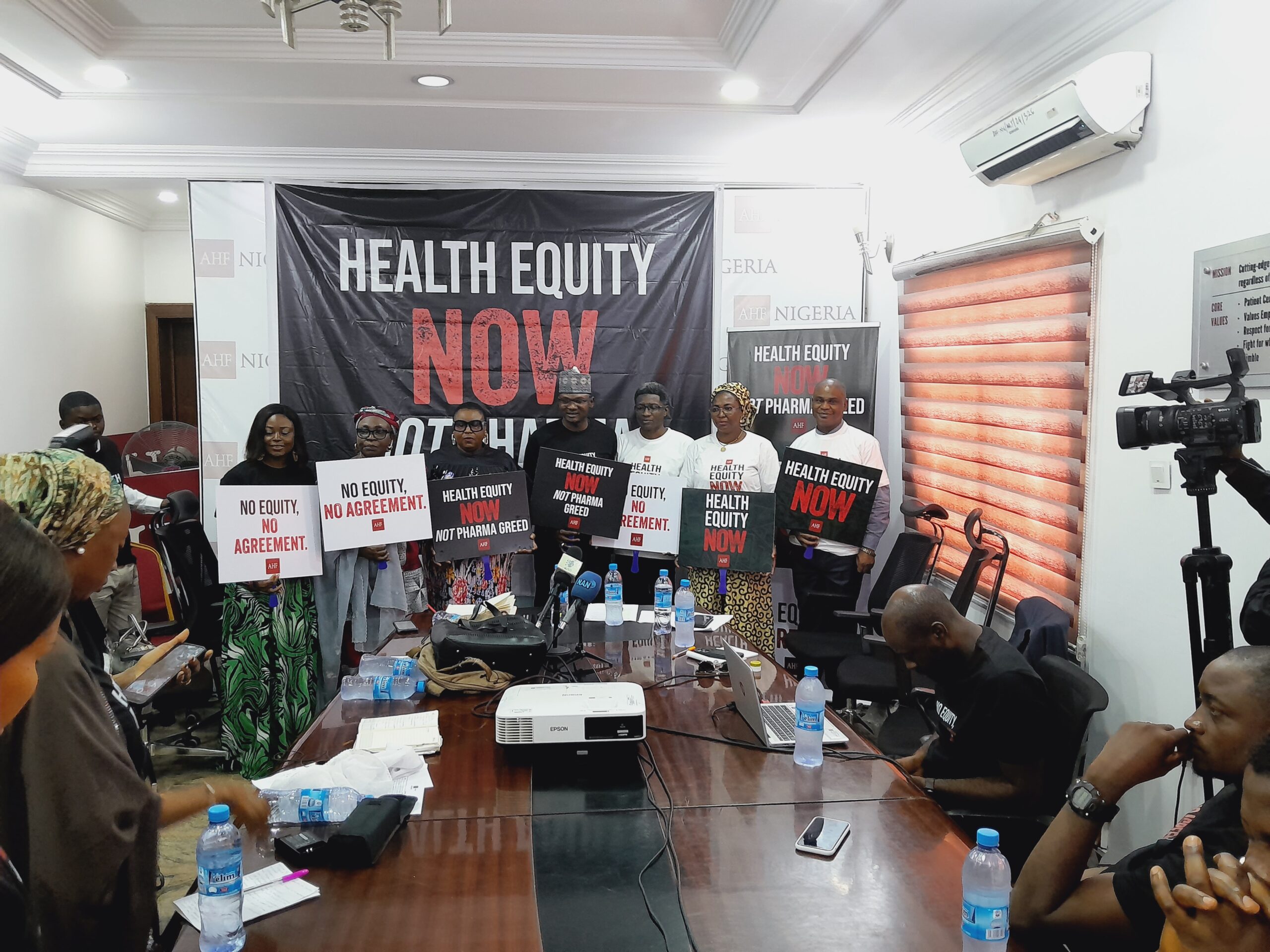
The AIDS Healthcare Foundation and the AHF Global Public Health Institute, in collaboration with Civil Society Organizations (CSOs), have called for a readjustment of the current draft of the WHO pandemic agreement to strengthen the international community’s ability to detect and respond to future pandemic threats, particularly in developing nations.
They highlighted that the latest iteration of the proposal text, which has been significantly watered down through the negotiation process, is filled with platitudes, anemic in obligations, and devoid of any accountability.
During a press briefing in Abuja on Thursday, the AHF Nigeria Country Program Director, Dr. Echey Ijezie, alongside other CSOs, expressed profound concern that developed nations have vehemently defended the private interests of pharmaceutical companies over the collective common interest of achieving global health security in a sustainable and equitable manner.
ALSO READ:185,000 Osun residents benefit from CSDA programmes, projects — Agency boss, Abokede
He criticized the proposed compromise for the WHO Pathogen Access and Benefit-Sharing System, describing it as “shameful, unjust, and inequitable” and “ignorant.”
Under the present terms of the agreement, only 20% of pandemic-related health products are guaranteed to the WHO in the event of a pandemic, leaving 80% of crucial vaccines, treatments, and diagnostics susceptible to an international scramble similar to what was seen in COVID-19.
Dr. Ijezie emphasized the need for effective mechanisms for accountability and enforcement, which are currently lacking in the agreement. He highlighted the importance of incorporating tangible provisions for accountability and enforcement to ensure that equity is operationalized.
He called for the establishment of an independent oversight body that is politically, financially, technically, and operationally independent of the WHO and donors to ensure objectivity and effectiveness in monitoring compliance.
Other speakers at the briefing, including representatives from civil society, emphasized the need for a rights-based approach to pandemic response, prioritizing the safety of human lives, and ensuring access to lifesaving medication. They also called for a systemic change among pharmaceutical companies to protect women and children against future pandemics.
Source: